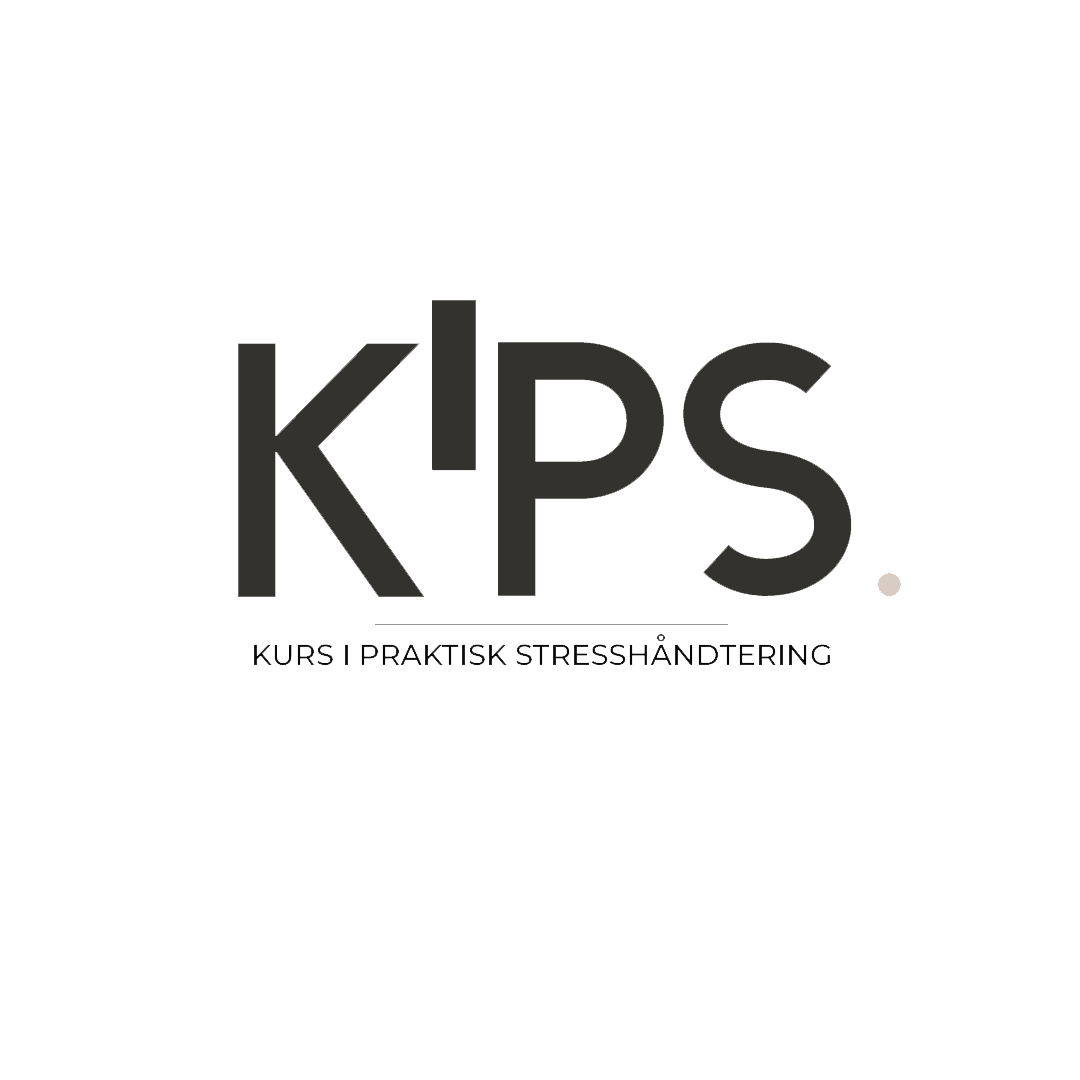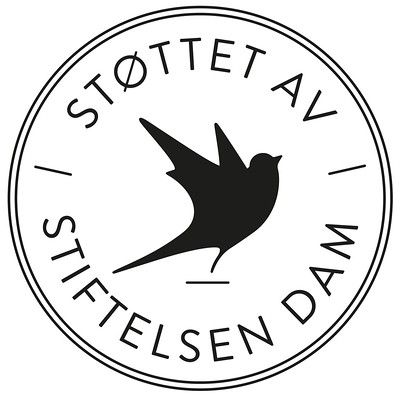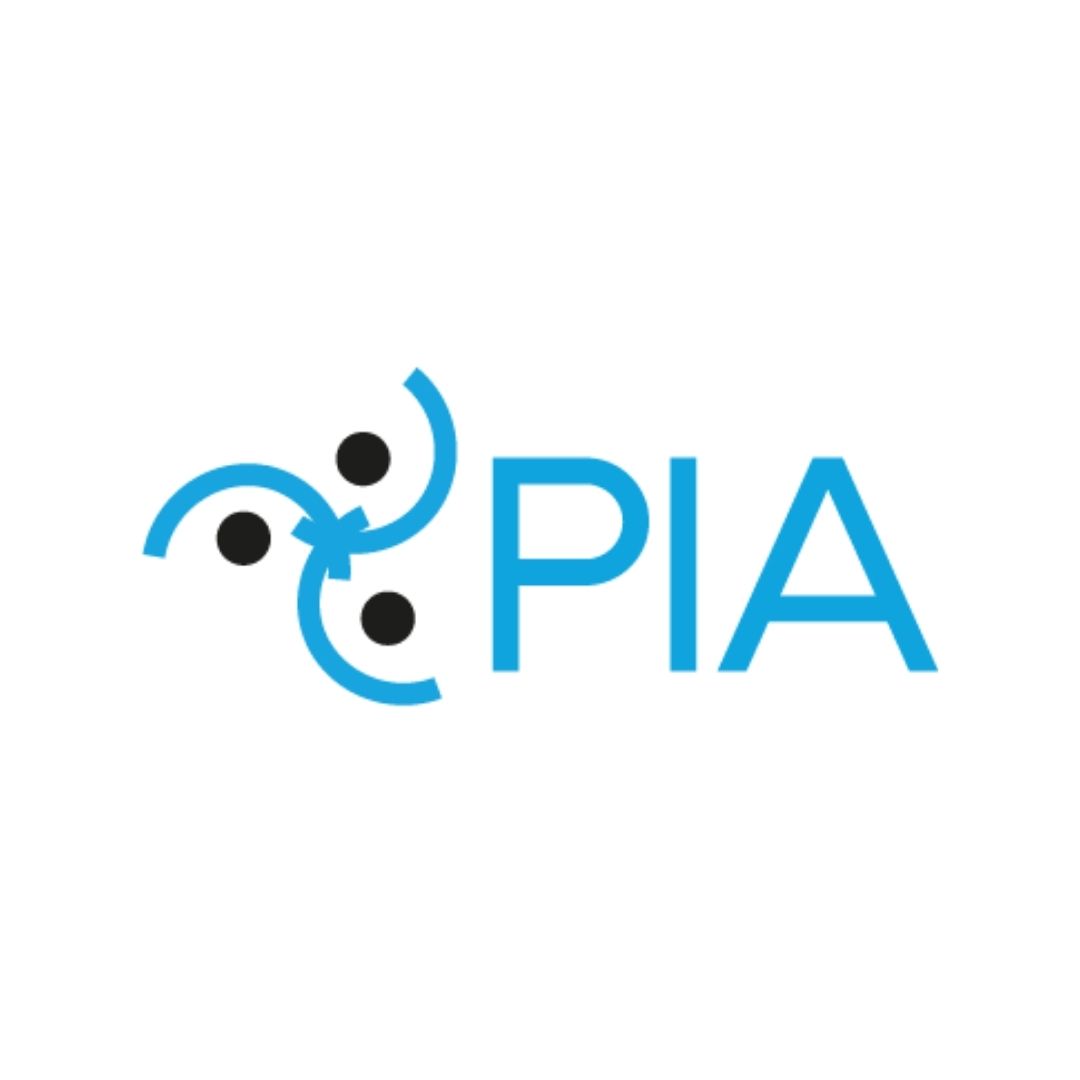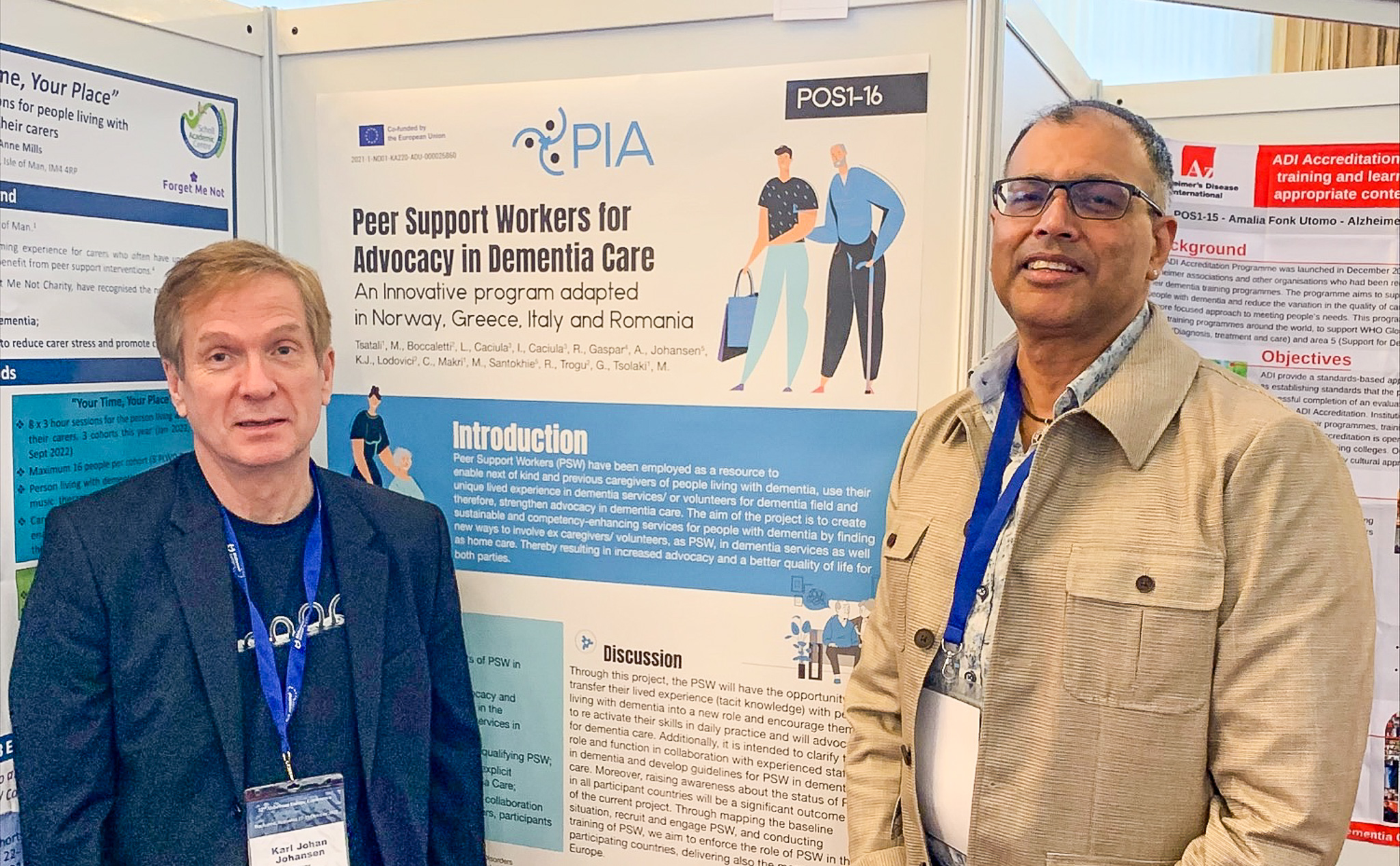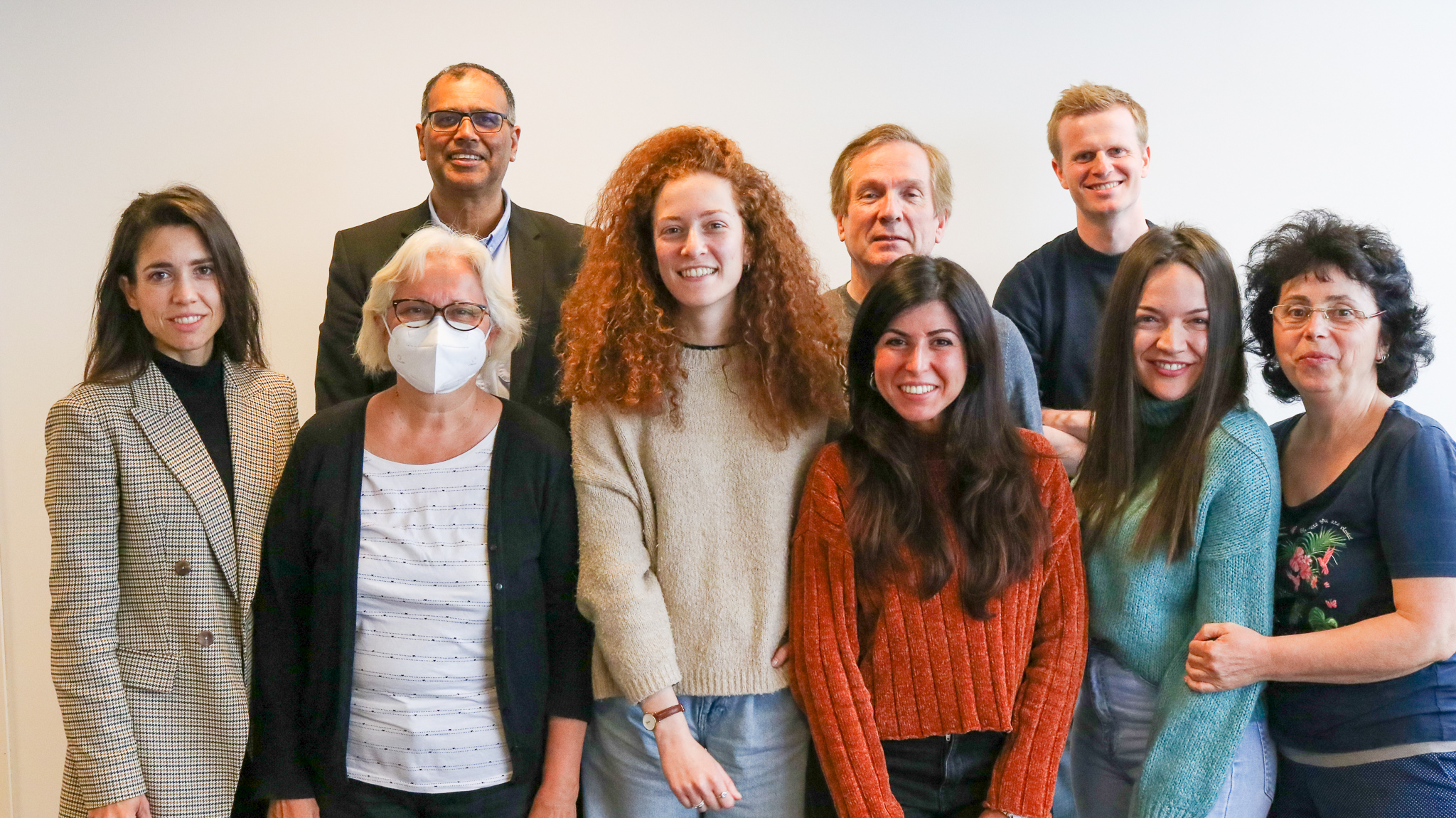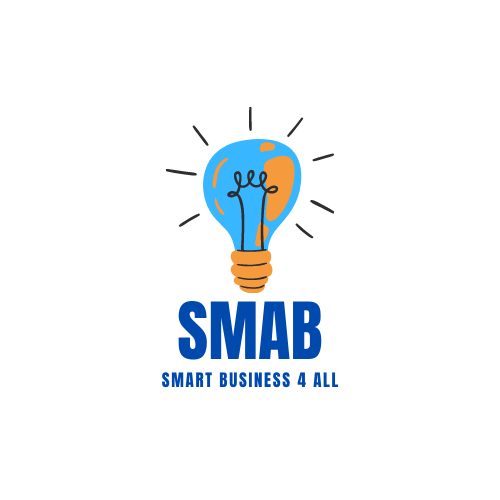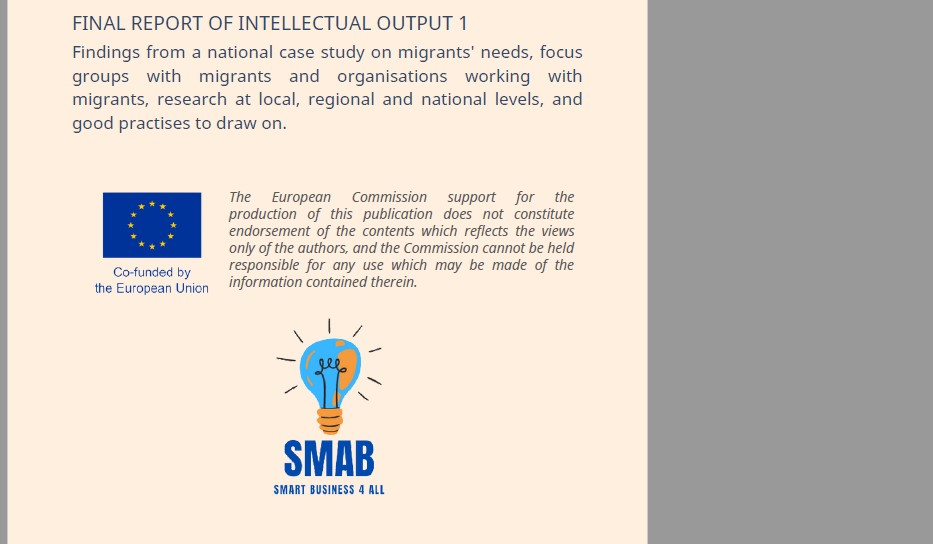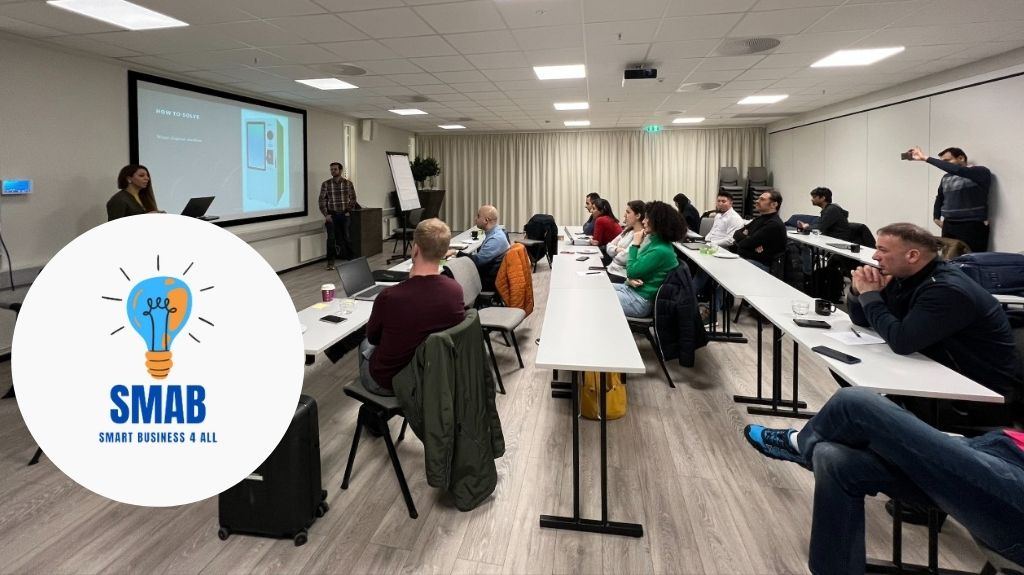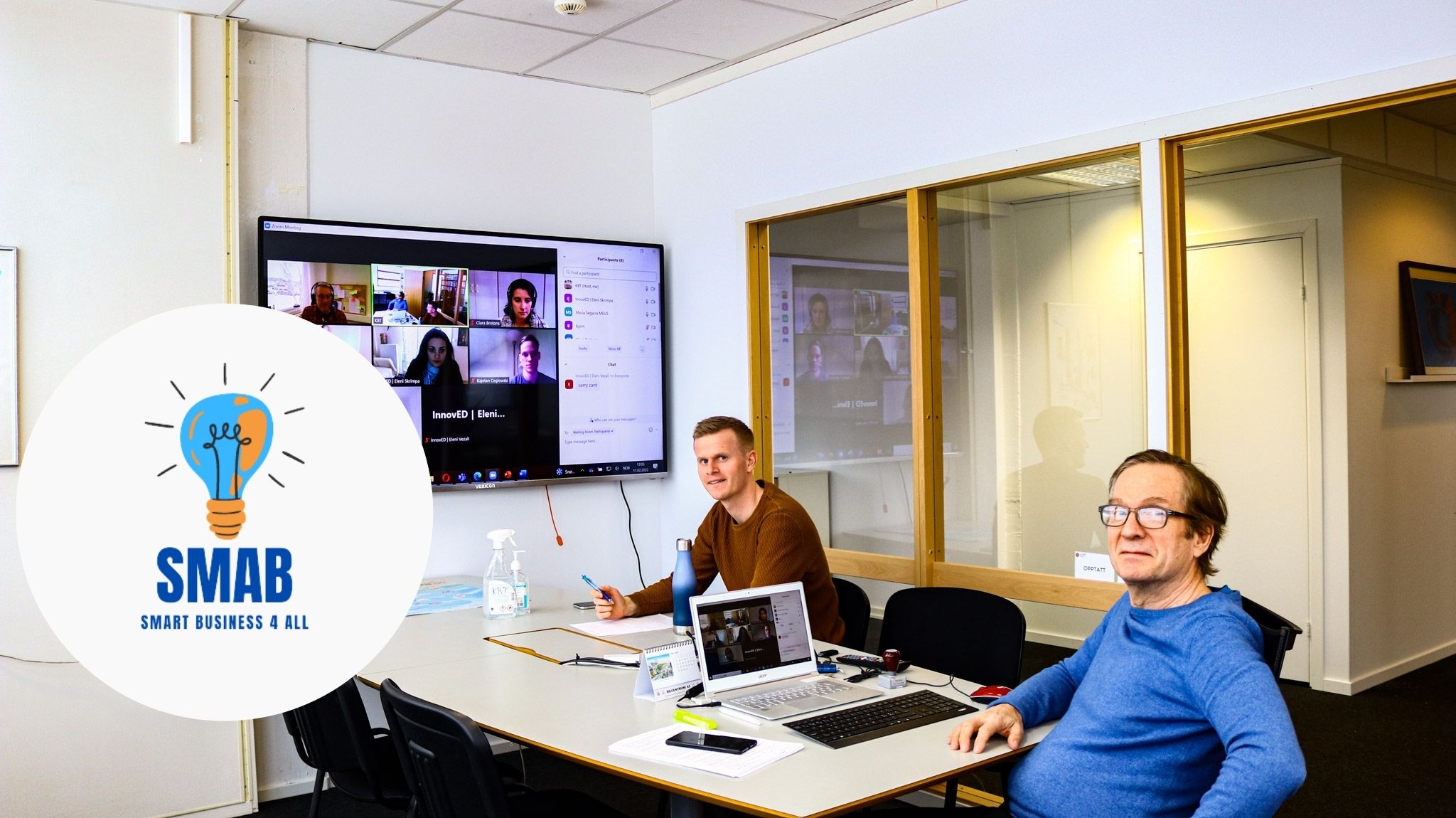Project Manager: Karl Johan Johansen
Project Coordinator: Ida Myran
Duration: 2023-2024
KIPS stands for «Courses in Practical Stress Management.» This project is developing a digital version of an existing physical course that employs a metacognitive approach. The physical course has been tested at the mental health and substance abuse unit in Stjørdal, among patients with mild to moderate mental challenges.
Project Goals
The goal of the KIPS digitalization is to reach as many people as possible who can benefit from the course. With long waiting lists in mental health, simple solutions that can assist more people at an early stage are essential.
There is a significant need for low-threshold services in Norway. KIPS digital can assist many more quickly, without geographical constraints. Participants can take the course online at their convenience and location.
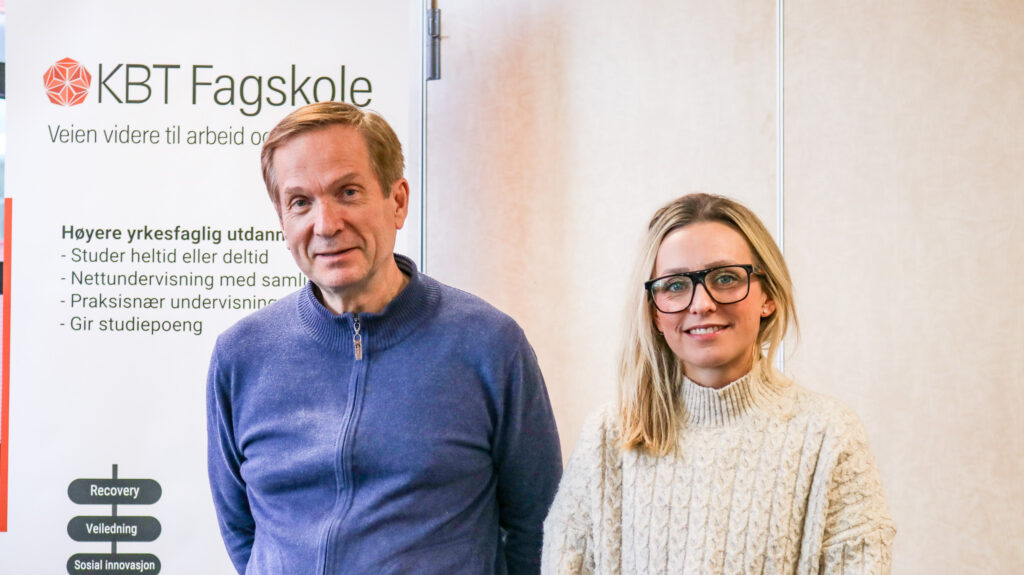
What do we do in KIPS?
Digital KIPS focuses on normalizing everyday psychological issues. The course aims to educate participants about what happens to us when we try to manage our problems by ruminating on the past, stressing in the present, and worrying about the future. During the course, participants learn how to make more conscious choices about what they can spend less time, effort, and attention on in their lives: what to prioritize and what to let go.
In the digital course, participants can watch videos on topics such as: What is stress? How the body and brain react to stress, and what worry, rumination, and overthinking are – and what they do to us.
Metacognitive Approach
KIPS is based on a metacognitive approach, which involves learning to detach from entrenched negative thoughts. We do not control the thoughts that arise within us, but we can choose how we respond to them. The metacognitive approach teaches changing how one relates to difficult thoughts so that they do not last longer than necessary. By letting thoughts pass, we spend much less time and energy ruminating on unhelpful things.
What Have We Done, and What Will We Do?
Together with the Council for Mental Health and the municipality of Stjørdal, we have made significant progress in developing the digital course. A script has been developed, recordings made in the studio, and editing completed to create a finished prototype.
The prototype is now being tested, including at the mental health and substance abuse unit/Rapid Mental Health Assistance (RPH) in Stjørdal and among students at the Norwegian University of Life Sciences (NMBU). The design, content editing, and platform development are refined continuously as the prototype is tested.
So far, tests of digital KIPS have shown that patient recovery at RPH Stjørdal is more than halved compared to previously practiced cognitive one-on-one treatment. This has resulted in reduced waiting lists and quicker help for more people.
The Story of KIPS
Back in 2020, the mental health and substance abuse unit in Stjørdal observed challenges in the low-threshold service Rapid Mental Health Assistance (RPH) in the municipality. As more and more people experienced mental challenges, waiting lists for the low-threshold service grew. There was a need for a more effective psychological approach to help patients recover more quickly.
In collaboration with metacognitive therapist and author Geir Wigtil, a physical course in practical stress management (KIPS) was developed for the unit. Training was provided to the unit’s course leader, who conducted the physical course for patients. The physical KIPS was tested for 1.5 years and showed that the recovery period for patients was reduced by over 30% compared to previous cognitive one-on-one treatments.
With the positive results from physical KIPS, the idea to create a digital course that could help even more people – and would also suit municipalities without low-threshold offerings like Rapid Mental Health Assistance – was born. This was the start of the development of KIPS digital.
Supported by the Dam Foundation
This is a translation of Norwegian information about the KIPS project. The translation was done using AI technology. Before publication, the text was read over and some corrections were made.

